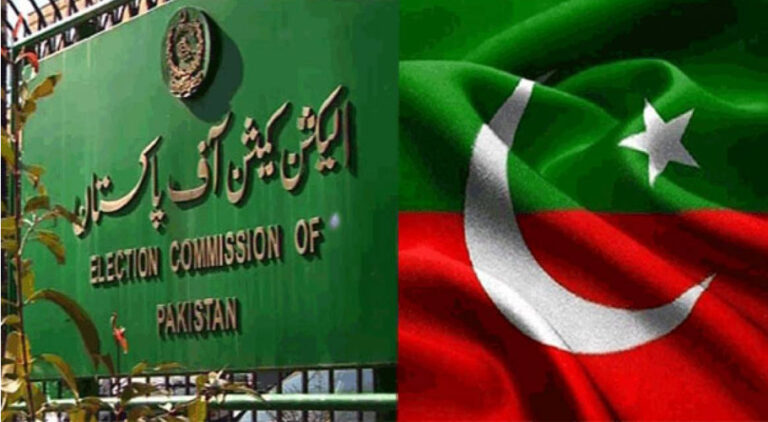Rizwan Ahmed
Is it hubris or something deeper that drives Pakistan’s ruling regime to lower the democratic bar every time it has a chance to restore order and credibility? Recent events have put this question at the center of national discourse. In the past few weeks, anti-terrorism courts across the country have delivered sweeping sentences to elected leaders and political workers affiliated with the Pakistan Tehreek-e-Insaf (PTI). These convictions stem from cases linked to the violent protests of May 9, 2023, which shook the political and institutional foundations of the state.
Follow Republic Policy on Website
Dozens of political workers and multiple elected lawmakers have been handed lengthy prison sentences. Many of these cases have long been criticized as politically motivated, resting on questionable evidence and prosecuted with glaring disregard for due process. Under Article 63(1)(h) of the Constitution, several convicted lawmakers are now at risk of losing their parliamentary seats. The Election Commission has already de-notified some, including the opposition leader in the Punjab Assembly, in what observers have termed “undue haste,” raising fresh concerns about political engineering and judicial overreach.
Follow Republic Policy on YouTube
The scale of this lawfare is unprecedented in Pakistan’s democratic history. Never before have such a large number of lawmakers and political workers been convicted under a sitting civilian regime, and never before have political workers been prosecuted as terrorists. This approach reflects a troubling normalization of extraordinary measures against dissent. Ironically, the politicians and judges who once championed democracy and decried judicial capture now appear complicit in a system that undermines civil liberties and democratic norms.
Follow Republic Policy on Twitter
Pakistan’s political evolution is marked by cycles of betrayal. Politicians who tirelessly campaigned for civil supremacy and constitutionalism have abandoned their principles upon tasting power. Similarly, segments of the judiciary, once celebrated for their resistance to institutional coercion, have seemingly surrendered their independence. The consequences of these compromises are severe. The erosion of trust in institutions, the stifling of political dissent, and the alienation of millions of voters will take decades to repair, if they can be repaired at all.
Follow Republic Policy on Facebook
Amid this deepening crisis, the opposition has attempted to articulate a pathway to reconciliation. Following a multiparty conference, opposition leaders issued a declaration calling for the establishment of a truth and reconciliation commission. The proposed body would investigate the collapse of the constitutional order, identify the “judges, generals, and politicians” who violated the Constitution, and recommend accountability measures for those who subverted democratic principles and the public’s trust. Furthermore, the declaration advocates for a new charter of democracy that would bind all parties to shared democratic rules and seek the abolition of the so-called “hybrid system” of governance—recently endorsed by the defence minister as a pragmatic model.
Follow Republic Policy on Instagram
Such proposals, if sincerely pursued, could offer Pakistan a chance to restore faith in its democratic framework. Truth and reconciliation, coupled with a firm commitment to civil supremacy, may be the only path toward long-term stability. Yet, skepticism lingers. The prevailing culture of political opportunism and reliance on unelected powerbrokers suggests that genuine reform remains a distant dream. Even the PTI, despite bearing the brunt of the state’s punitive measures, appears more invested in regaining favor with its oppressors than in building solidarity with other victims of the system.
Follow Republic Policy on TikTok
Ultimately, Pakistan’s democracy suffers from an Achilles heel: a political class that repeatedly undermines its own legitimacy by trading principles for survival. Each new cycle of repression and opportunism weakens public faith in governance and leaves the nation vulnerable to further institutional decay. Until all stakeholders—politicians, judges, and the security establishment—accept that sustainable power lies in constitutionalism, accountability, and shared responsibility, the country will remain trapped in a loop of crises. The choice between hubris and humility, between repression and reconciliation, will determine whether Pakistan’s democracy can survive this era of turbulence.
















